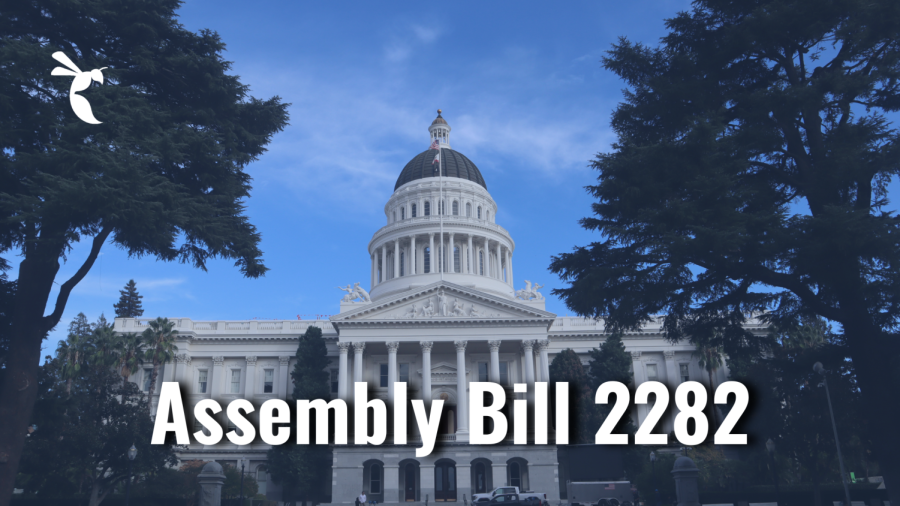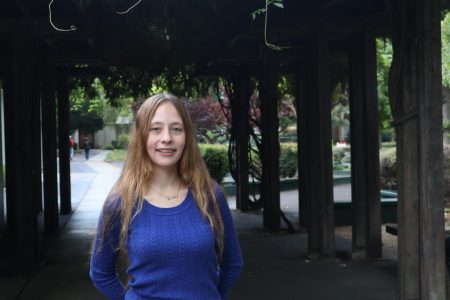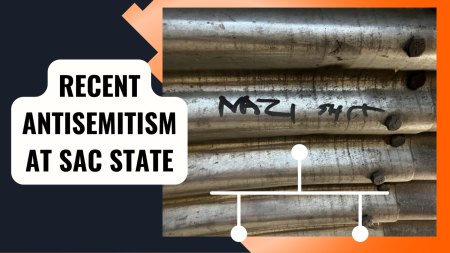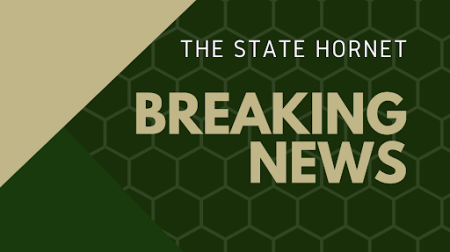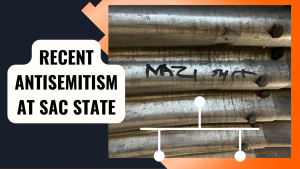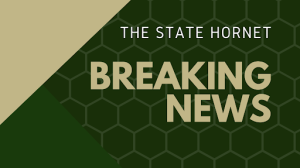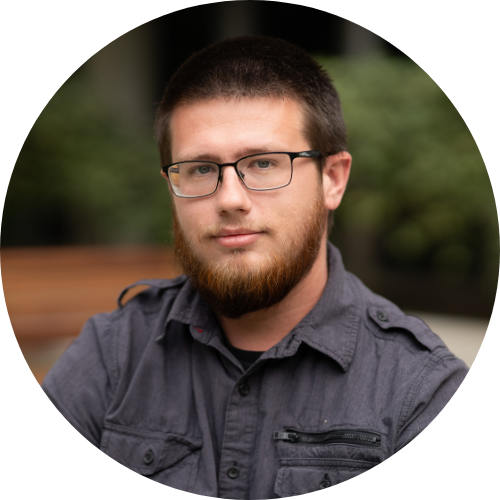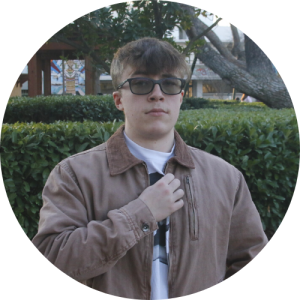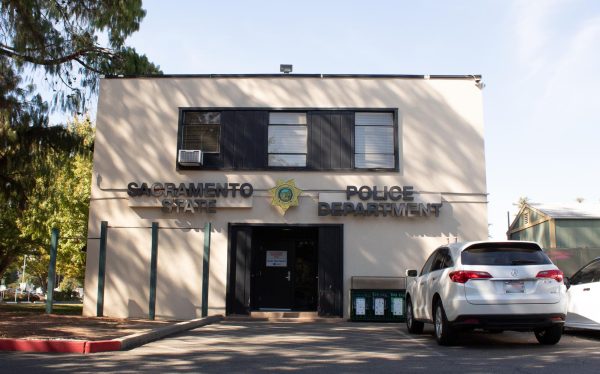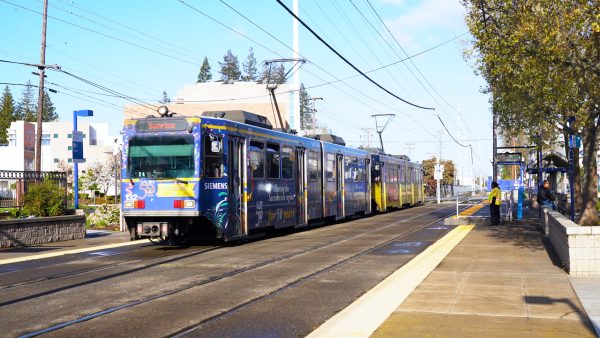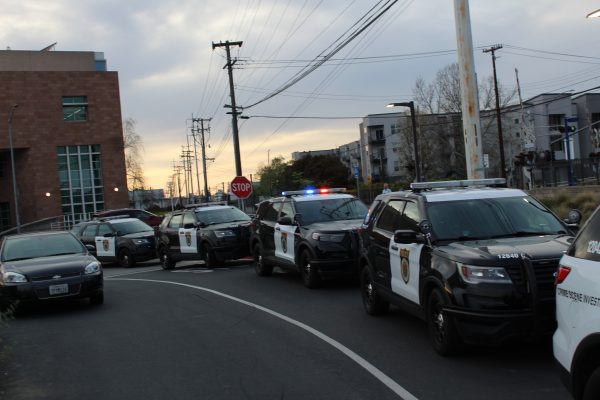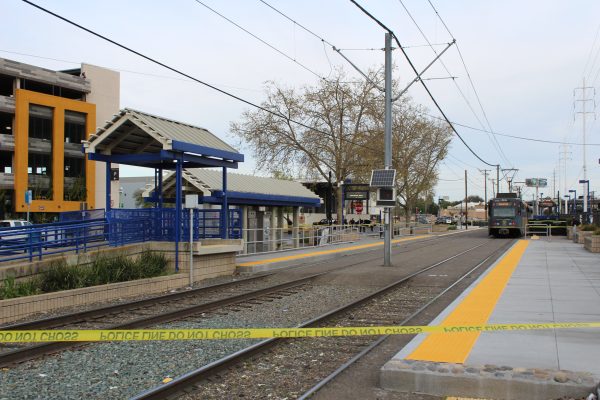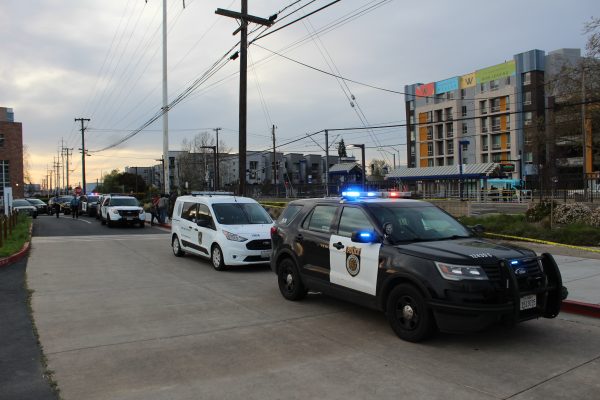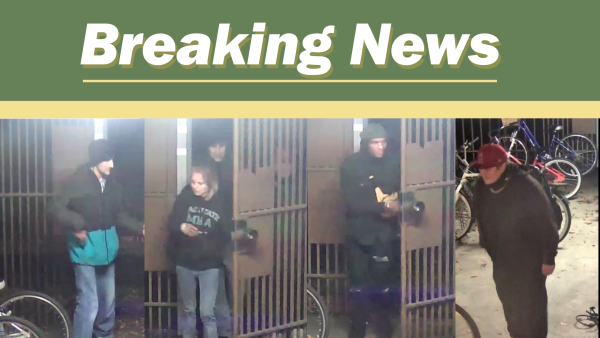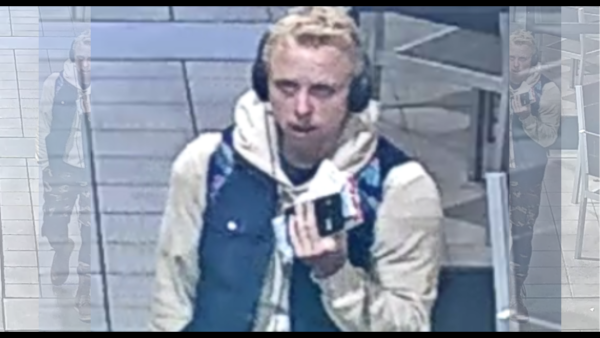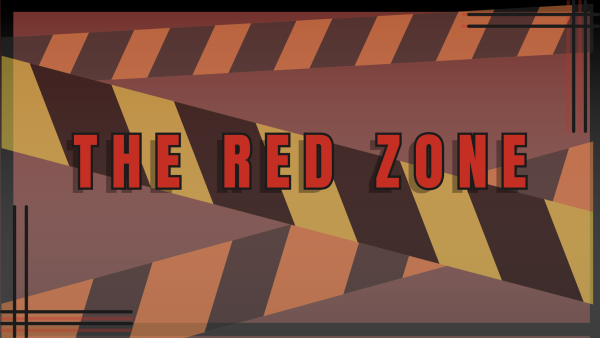Recent legislation looks to deter antisemitic vandalism
Assembly Bill 2282 levies criminal punishments and fines up to $10,000
The State Capitol on Friday, Oct. 21. Assembly Bill 2282 was first read on Feb. 16, and had to go through committees and amendments before making its way to the governor’s desk. (Graphic created in Canva by Mercy Sosa)
October 29, 2022
On Sept.18, California Gov. Gavin Newsom signed into law AB 2282; a bill aimed at expanding the locations in which physical embodiments of hate speech can be criminalized. These physical forms of hate speech include but are not limited to nooses, Swastikas and burning sacred religious symbols.
Previously, the legislation only encompassed hate crimes on “private and nonprivate property,” according to the bill. The newly signed bill will now allow criminal punishment to those who display the described “hate symbols” in public settings like K-12 schools, parks, libraries and college campuses. The protections provided by the bill are not limited to just those locations.
The bill was authored by Assembly members Rebecca Bauer-Kahan (D-District 16) and Marc Levine (D-District 10). The Legislation does not criminalize the display of ancient swastika symbols when associated with religions like Buddhism, Jainism and Hinduism.
Under AB 2282, those violating the law can face imprisonment up to three years which may be accompanied by a fine up to $10,000, or imprisonment in a county jail for up to a year plus a $5,000 fine. Subsequent offenses will result in increased penalties of up to $15,000.
Shelly Zalezniak, president of the Sacramento State Israeli-Jewish Association, is skeptical of the bill’s potential effectiveness.
“When has a law ever stopped a person with so much hate from hating,” Zalezniak said.
She added that she hopes for the new bill to decrease hatred on campus and on other campuses in the state.
Some Sac State students like fourth-year criminal justice major Carter Pierce had a similar assessment of the bill’s possible effects.
“I think it may deter some people — maybe the people who think it’s a joke,” Pierce said. “Ultimately, I think the people who really believe in this stuff — I don’t think it will deter them.”
The story continues below the image.

Others, like second-year psychology major Yoselyn Martinez, believe the bill can have some effect as a deterrent for future incidents.
“I think they will probably tone it down,’” Martinez said. “People will realize, ‘we can really get in trouble for this.’ I feel like some people may underestimate it, but as long as we have these bills to keep our environment safe … we wouldn’t see any other of these actions again.”
Since the start of the semester, there have been four separate incidents of swastikas and Nazi symbols at and near Sac State. Additionally, there have been recent reports of swastikas found at American River College and an incident of a banner with antisemitic messaging being hung at the University of California, Davis.
“I thought it was unfortunate that people would do that,” Pierce said. “It’s college man. Everybody has a right to come here and feel safe in their classes. I felt bad because it’s gotta be hard to focus on education when you’re scared that those people are around, right?”
Ashley Hightower, a fourth-year fashion design major, said she found it scary that there were “still people thinking that kind of way.” She said she hopes AB 2282 will make people think twice about placing hate symbols.
The fall 2022 semester isn’t the first time incidents of antisemitism appeared at Sac State. Incidents date back as far as October 2017, when propaganda for a Neo-Nazi and holocaust denial website was found outside The WELL. Sac State President Robert Nelsen said the university has added addressing antisemitism to the school’s anti-racism plan.
“We’re taking it very seriously–and it is part of what we’re doing with inclusive excellence,” Nelsen said. “We just added it to the anti-racism plan and now we’ll start and start discussing about what we can do.”
According to an email update from Nelsen on Oct. 28, a town hall will be held on Nov. 9 to give people the chance to come together and support communities targeted by these messages. The event will be held from 4:30 p.m. to 6 p.m. in the University Union Ballroom.
“I just hope the world gets into a better place, and we don’t get into these negative perspectives of everybody,” Martinez said. “I just feel like you should just try to get along”


























































































































